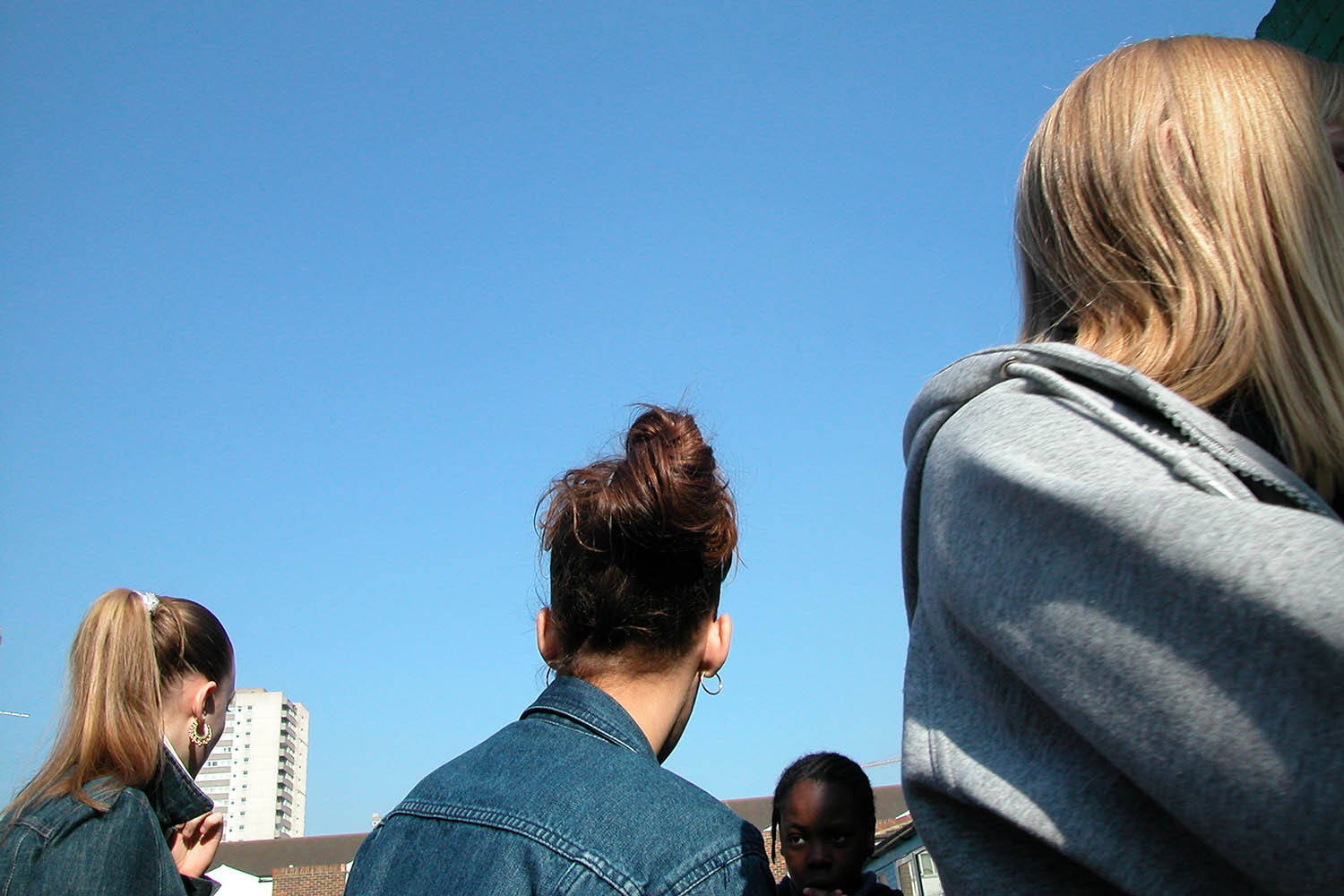Britain’s neglect of its children is a disgrace – a crisis for too many of our kids but also a condemnation of the absence of a rallying national purpose.
Everywhere you look – at the more than 4 million growing up in poverty, at the treatment of troubled children at risk to themselves and their families, at the evaporation of youth centres or at nearly a million between 18 and 24 not in employment, education or training – the trends are alarming. We should aim to make childhood as magical as we can. Instead, we are allowing the opposite to happen to too many.
It is not as though the multiple dimensions of the problem are unknown by either government or civil society. The preamble to the policy paper that tackles child poverty and frames the government’s strategy, expected this summer, sets out the figures starkly, while the children’s wellbeing and schools bill, wending its way through parliament, has varying proposals.
What is lacking is the outrage to make this is an overriding priority. In this vacuum, populist Reform flourishes; progressive politics wilts.
Take the little-known deprivation of liberty orders. The concept was introduced with good intent in 1989 to suggest that the handful of children who suffer from terrible self-abuse or abuse by others, causing their behaviour to become seriously troubling, should be deprived of their liberty, quite literally.
Sometimes this might mean being a good distance from home while they receive support in specialist care centres. Until a decade ago, the numbers involved were small: now the number is 10 times higher and growing exponentially, while the accompanying resources have shrunk. The closure of specialist children’s homes has accelerated, so that last year some 1,300 children were placed in a room in a hostel, a hotel or a hospital – on average 56 miles away from where they live – behind a locked door. They can leave only under adult supervision. Teenage children of both sexes are, in effect, being incarcerated and offered trivial or nonexistent remedial treatment. It is a form of Bedlam, in 2025.
No child deserves such treatment. They did not choose into which family they were born, and it is a foundational proposition of a good society that it should do as much as possible to correct what moral philosophers call “brute bad luck”. Imagine the bewilderment, loss and rage that that one of those 14- or 15-year-olds must feel.
The children’s wellbeing and schools bill contains provisions to contain the worst damage. But the Nuffield Foundation’s Family Justice Observatory observes that it pulls its punches.
It does not establish an age threshold – say, 13 – for the potential loss of liberty, although there are hopes for a change of heart. It does not set a time limit for how long deprivation of liberty can last. It does not set out a standard of care or of accommodation – and nor does it create a distance limit for what remains incarceration or require systematic data to be collected. The opportunity for fundamental reform is being missed.
The fear is that this palsied approach will be reproduced across the board in the approach to children – so there won’t be a comprehensive, properly resourced strategy.
Newsletters
Choose the newsletters you want to receive
View more
For information about how The Observer protects your data, read our Privacy Policy
Part of the problem is the impoverishment of local government responsible for so much provision for young people
Part of the problem is the impoverishment of local government responsible for so much provision for young people
Part of the problem is the continued impoverishment of local government responsible for so much provision for young people, ranging from special educational needs to youth centres. The refusal to review Britain’s forgiving system of residential property taxation denies localities vital resources; councils have been forced to scrap some two-thirds of Britain’s youth centres since 2010.
The elephant in the room is poverty. Britain does not set out to support, enfranchise and help those at the bottom of our society. Rather, the system is cruel and depersonalised, offering among the meanest benefits of any European country – and it is children who bear the brunt.
As matters stand, if both the two-child limit on child credit, impacting 1.6 million children, and the cap on how much any benefit any family receives, affecting another 350,000 kids, remain, child poverty will continue to climb.
If both were scrapped, 600,000 children would rise out of poverty. The stress on low-income parents, most of whom work, is intense; they try to do their best but they can never provide the springboard that kids need to flourish.
For those who won’t, or can’t, go to university, the transition to rewarding work is far too hard – apprenticeships are scarce and vocational training in further education colleges starved of resources.
The youth guarantee is more a repackaging of existing subpar policies than a promise of proactive intervention. It is as though the state were an active accomplice in the mental health epidemic that affects one in five of our children and young people between eight and 25.
To act requires will, and that in turn must be rooted in a passionate commitment to a purpose. Part of any national purpose must be to lean against the disadvantage and bad luck of birth. Thus the case for the necessary taxation to underwrite a fairer society.
This is not the language of Nigel Farage’s Reform. Do they share the ambition to build great childhoods? They should be challenged on their intent; and, if they agree, asked what they propose to do. On the condition of our children, no more free passes for anyone.

